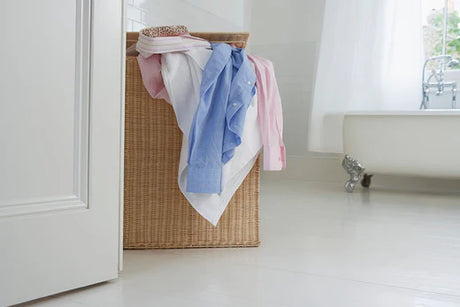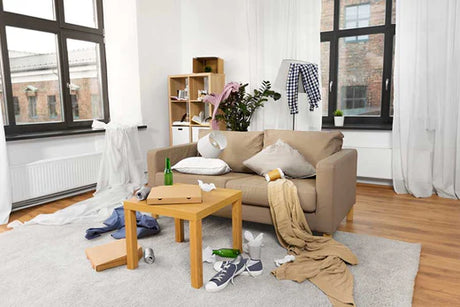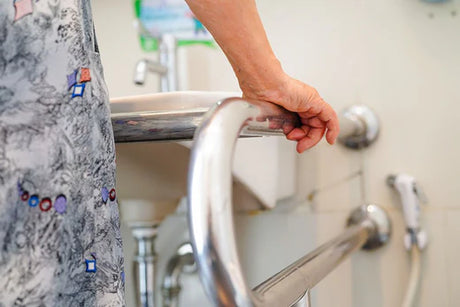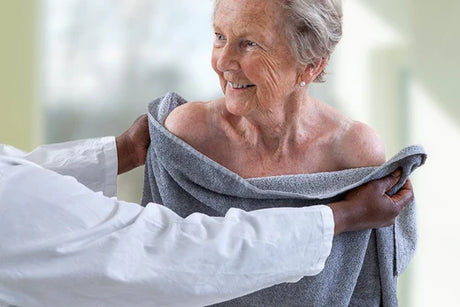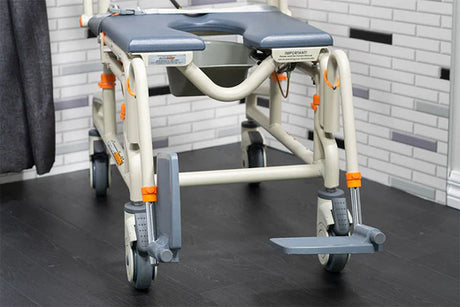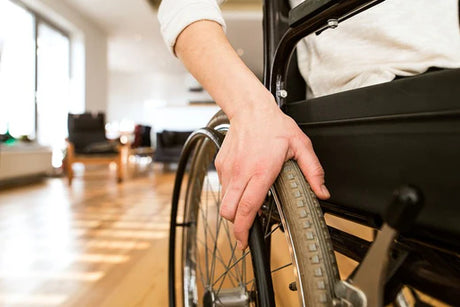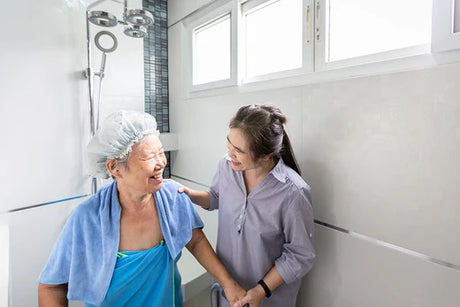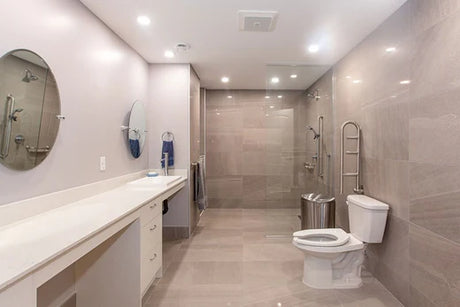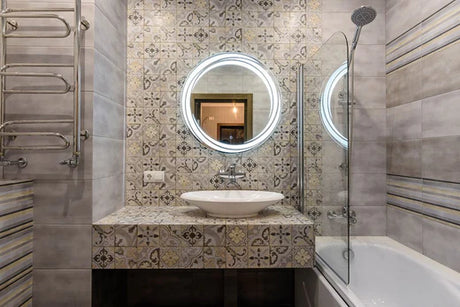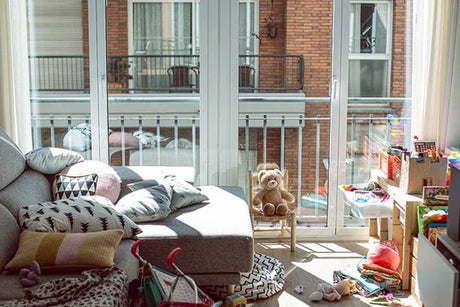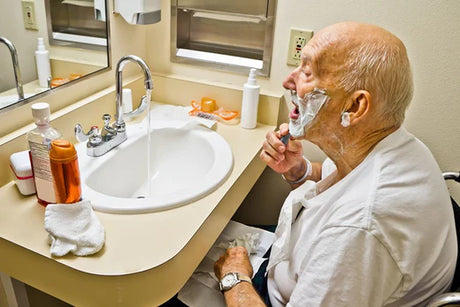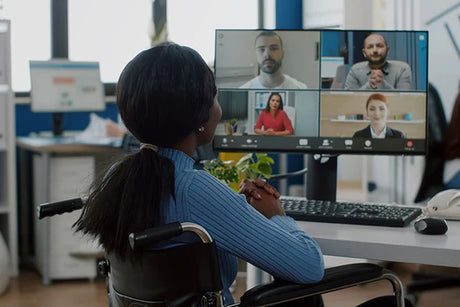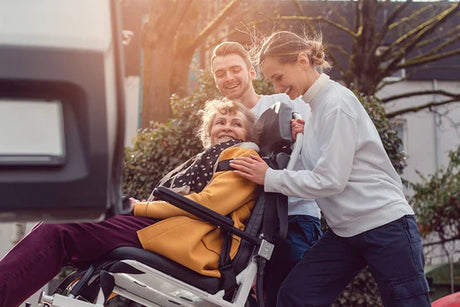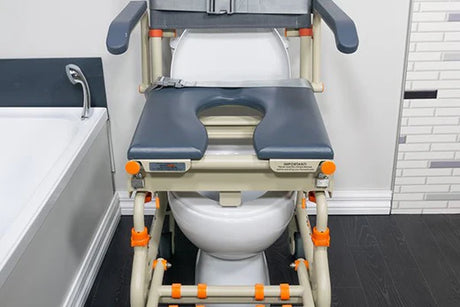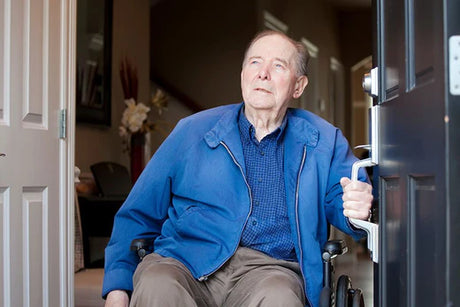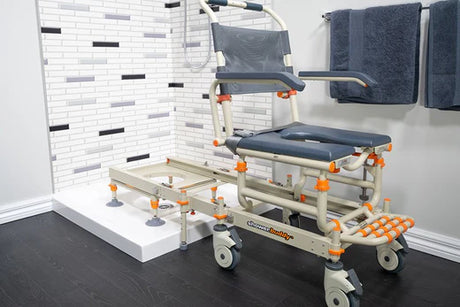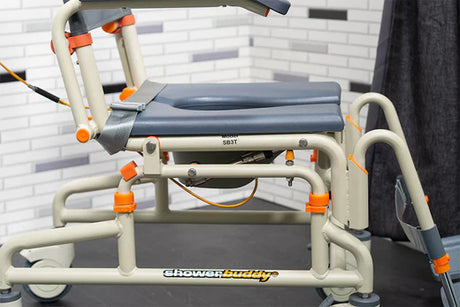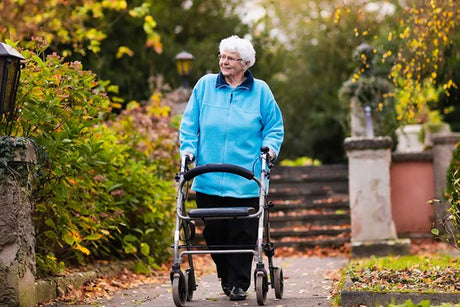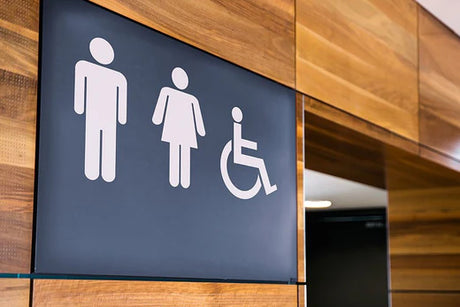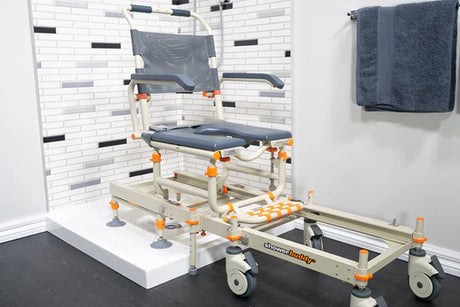Sense of mental wellbeing gained through personal agency
Having equipment to take care of the body support and transfer can be a big step towards creating moments of independence in the bathroom.
The right to privacy
At Showerbuddy we have worked with thousands of OTs and their clients – often families – who are working together to find ways to maintain privacy for their loved one. In a day full of assistance from someone else to dress, travel, eat and all manner of other tasks, the bathroom is a place where privacy is appreciated perhaps more than anywhere else. This privacy may not require complete autonomy in the bathroom – typically carers can help their loved one (or client) prepare for the task, then leave them to it during. They may then come in afterwards to help dry off or tidy up before leaving the bathroom.
Empowering individuals to make daily tasks more enjoyable
Going the extra mile to plan and conduct activities like bathroom use in way that the individual enjoys can make a huge difference to their overall sense of happiness and outlook on that part of the routine. It may be simpler to approach the shower and toilet from a purely practical perspective, where the process is managed efficiently and effectively, but this may not have a positive effect on their enjoyment of the bathroom. Occupational therapists will work with individuals and their families to not simply work out the daily tasks, but find the way to complete them in the most agreeable way possible.
In order to get the most out of the experience, those helping an individual should encourage them to take an active role in the process – sharing what they would like the bathroom process to look like. Just making those decisions for them as a carer does not promote a sense of bathroom independence.

Strengthening the relationship between carer and mobility impaired individual
Creating safety and trust in the bathroom is a top priority within any carer/client relationship. With the reliance on another person to conduct these most personal of tasks, it’s incumbent on the carer to allow free-flowing communication between both parties. Over time, the trust to talk about the bathroom and each task should become more forthcoming. This opens the door to improving the bathroom experience and working together to find those moments that allow for independence.
For example, once the basic movements have been perfected, the individual may start to guide their carer as to what they would like to do – possibly swapping around parts of the routine, having a longer shower, spending extra time in the mirror, changing their bathing position or any other preferences that may develop. This communication can also provide the confidence to leave the individual on their own for moments (provided its safe to do so), allowing for solitary showers before calling the carer back in once finished.
There’s perhaps no more important relationship day to day than the mobility impaired person and their carer. Spending that extra time and effort to understand each other, and the opportunities for more independence may increase.
Creating motivation for other moments of independence
Recapturing (or discovering for the first time) bathroom independence is often a big step towards seeing independence in many other parts of daily life.
In the area that’s perhaps the most difficult to talk about, independence can be a significant milestone off which to build up confidence to take charge on matters like getting out and about, cooking, eating, spending time outside in the garden, relaxing at the beach and so on. Gaining independence in the bathroom and having the confidence to talk about tricky subjects with a family member or carer relating to mobility might motivate progress in other ways. Every situation is different, but feeling somewhat in control in the bathroom can be a game changer for the mobility impaired person’s mindset.
Enabling independence through assistive technology

At the heart of Showerbuddy products is the idea of independence. Less reliance on another human being for some of the most compromising body positions and activities, less hesitance around the bathroom entirely.
Further reading
Enjoyed this article? You may be interested in these resources online:








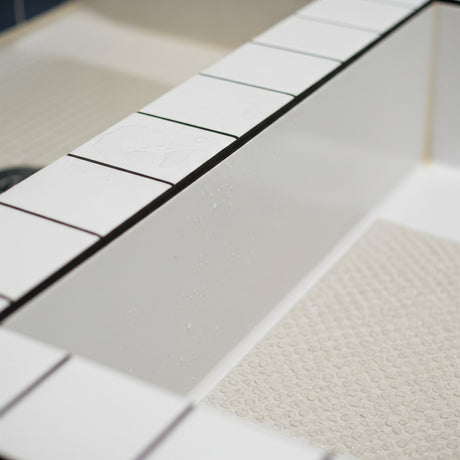

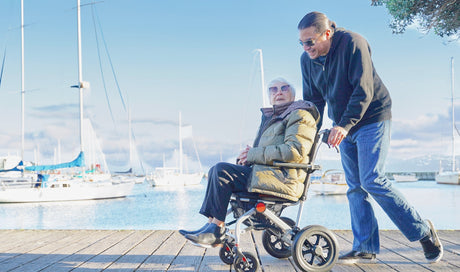
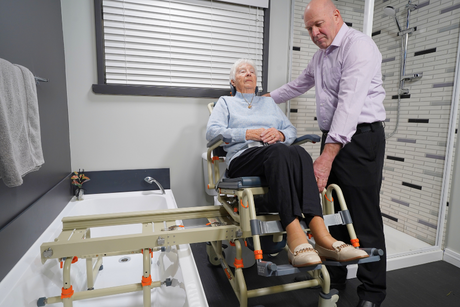
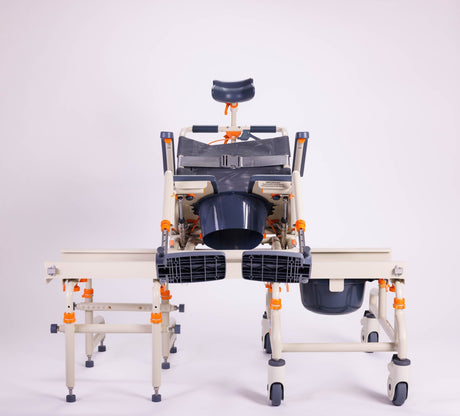
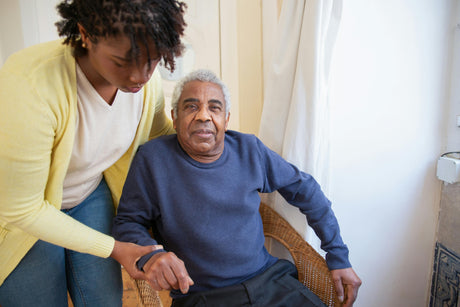
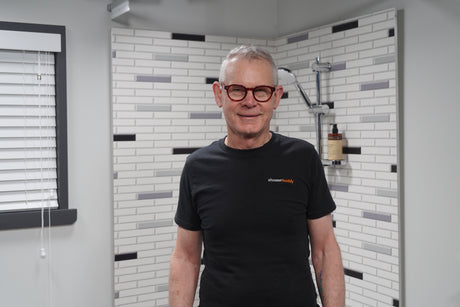
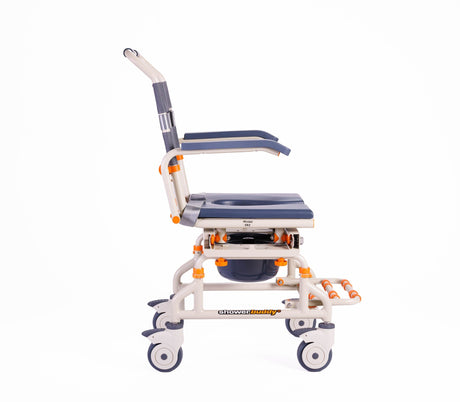
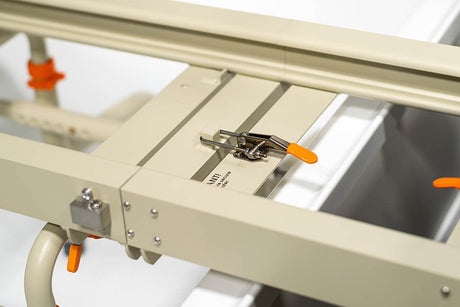
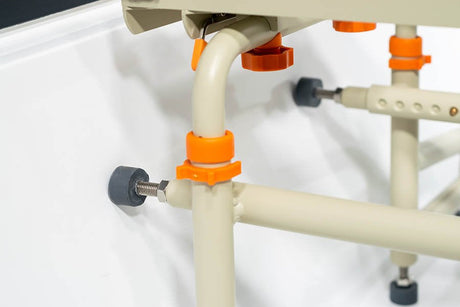
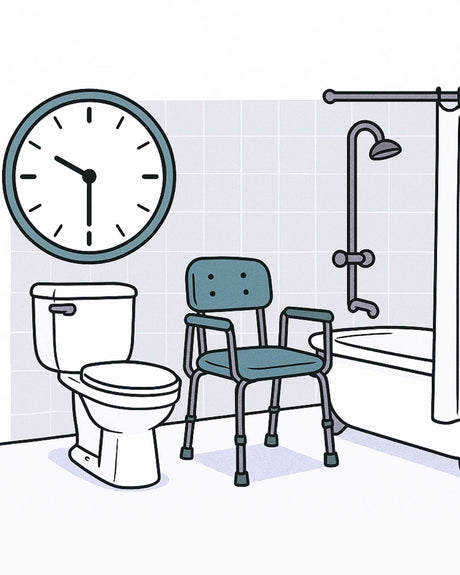
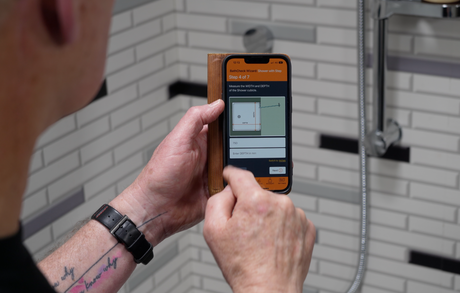
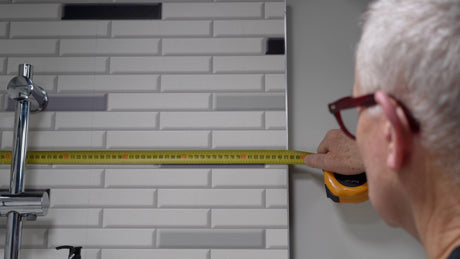

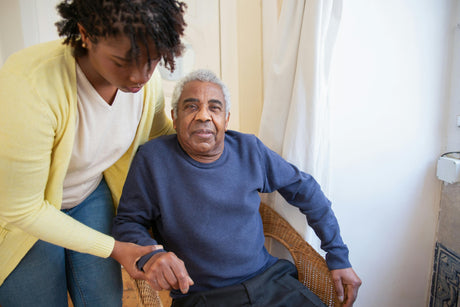
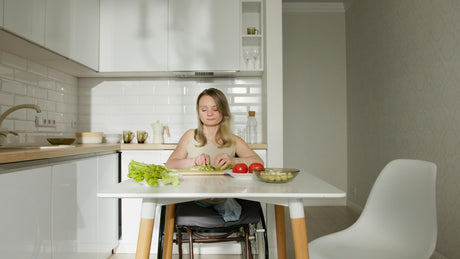
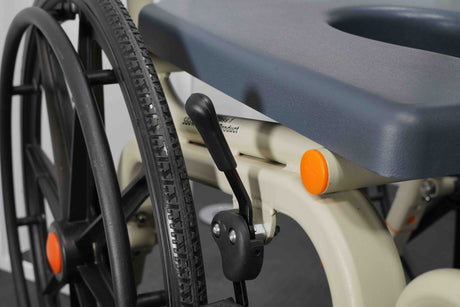

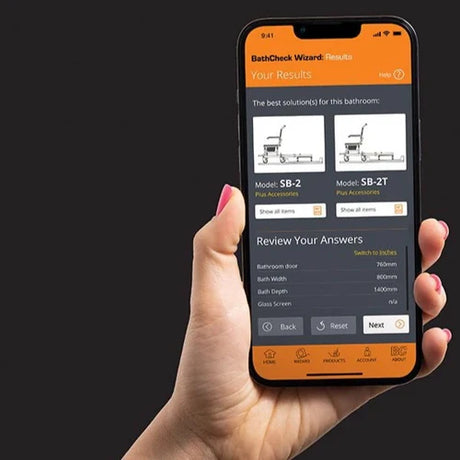
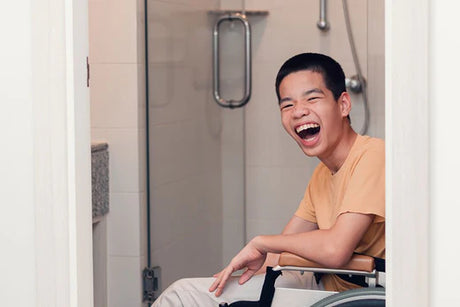
![Toilet Training A Young Child With Mobility Challenges [And How A Shower Chair Can Help]](http://shower-buddy.com/cdn/shop/articles/toilet-training-disabled-child_520x500_a90e5234-d372-435d-aa56-8da15dd3836c.webp?v=1722557239&width=460)

